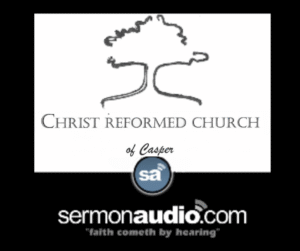A Life of Hope: Heidelberg Catechism Lord’s Day 22
LORD’S DAY 22 What comfort do you receive from the “resurrection of the body”? That not only my soul after this life shall be immediately taken up to Christ its Head,1 but also that this my body, raised by the power of Christ, shall be reunited with my soul, and made like the glorious body of Christ.2 [1] Lk. 23:43; Phil. 1:21–23. [2] 1 Cor. 15:53–54; Job 19:25–27; 1 Jn. 3:2. What comfort do you receive from the article “life everlasting”? That, inasmuch as I now feel in my heart the beginning of eternal joy,1 I shall after this life possess complete blessedness, suchRead More →

